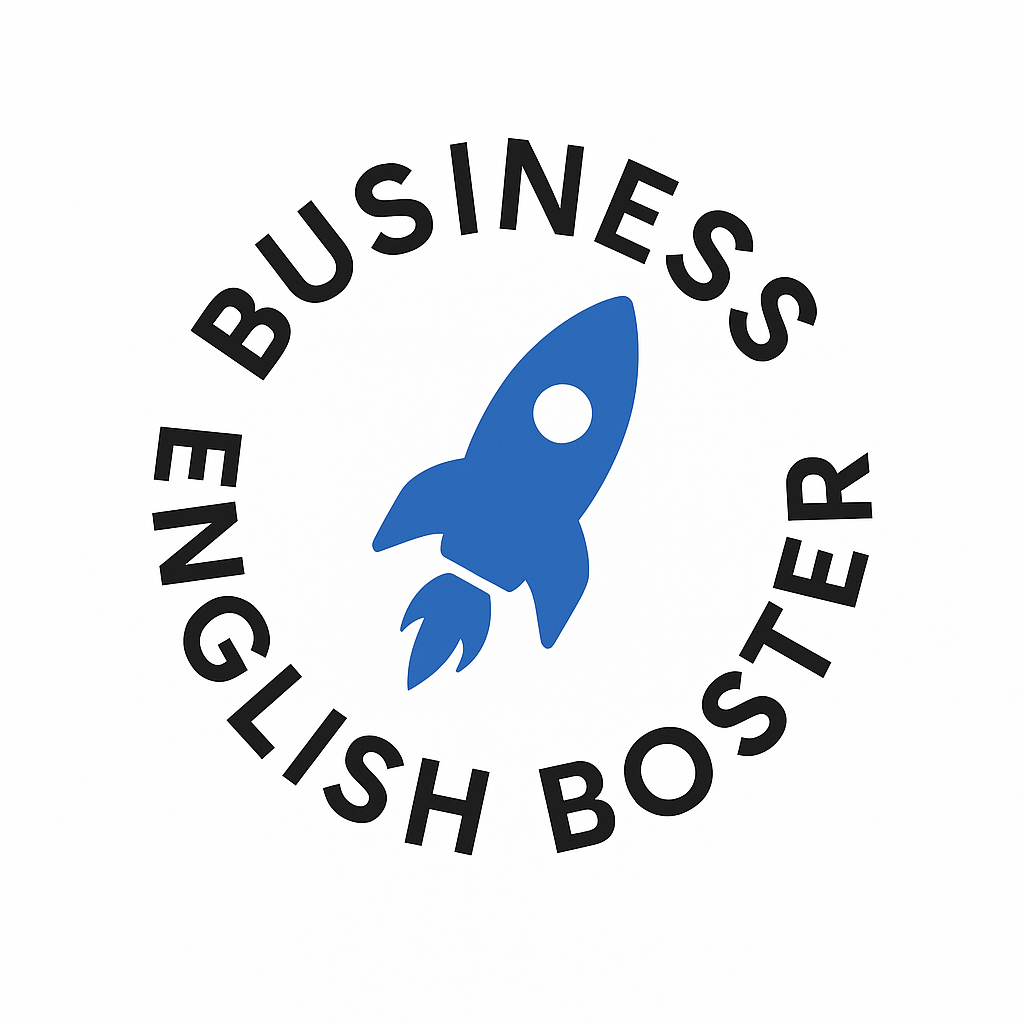Beginner, Intermediate & Advanced
Beginner
| Word | Definition | Example Sentence |
|---|
| Email | An electronic message sent through the internet. | “I sent an email to my boss.” |
| Message | Information sent from one person to another. | “I left a message for my colleague.” |
| Phone call | A conversation over the telephone. | “I had a phone call with a client.” |
| Meeting | An event where people gather to discuss matters, often related to work or business. | “We had a meeting to discuss the project.” |
| Letter | A written message sent by mail. | “I wrote a letter to the customer.” |
| Report | A written document that gives information or an account of a particular subject. | “I submitted a report to my manager.” |
| Document | A piece of written, printed, or electronic matter that provides information or evidence. | “I need to review the document.” |
| Information | Facts or details about something. | “The email contains important information.” |
| Communication | The exchange of information or news. | “Good communication is essential for teamwork.” |
| Contact | To get in touch with someone. | “I will contact you soon.” |
Beginner – English for Business CommunicationIntermediate – English For Business Communication
| Word | Definition | Example Sentence |
|---|
| Articulate | To express clearly and effectively. | “I need to articulate my concerns about the project clearly in the email.” |
| Concise | Brief and to the point; avoiding unnecessary words. | “My email was concise and easy to read, getting straight to the point.” |
| Clarity | The quality of being easy to understand. | “Ensure clarity in your message to avoid misunderstandings.” |
| Tone | The general attitude/feeling of a piece of writing. e.g. Formal, informal, funny, serious. | “Maintain a professional and respectful tone in all your business correspondence.” |
| Formal | Correct for business or important situations. Following proper rules or expectations. | “Use formal language in business emails and letters.” |
| Informal | Having a relaxed and casual style. | “Informal communication is appropriate for casual interactions with colleagues.” |
| Ambiguity | Where the meaning is not obvious. The meaning could be understood in more than one way. | “Avoid ambiguity in your writing to prevent confusion.” |
| Jargon | Special words or expressions used by a particular profession or group. E.G. Medical jargon. IT jargon. | “Minimize the use of industry jargon when communicating with clients.” |
| Proofread | Read to find and then correct errors. | “Always proofread your emails and documents before sending them.” |
| Channel | The way a message is transmitted. e.g. e-mail, text message, phone call. | “Choose the appropriate communication channel, such as email or phone call, for each situation.” |
Intermediate – English for Business CommunicationAdvanced
| Word | Definition | Example Sentence |
|---|
| Eloquence | Fluent or persuasive speaking or writing. | “The CEO’s email to shareholders was delivered with eloquence and conviction.” |
| Brevity | Shortness; conciseness. | “Brevity is essential in executive summaries and board reports.” |
| Nuance | A small, not obvious difference in meaning, expression, or sound. | “Understanding the nuances of intercultural communication is crucial for global businesses.” |
| Discourse | Written or spoken communication or debate. | “The discourse on remote work has evolved significantly in recent years.” |
| Articulation | The clear and precise pronunciation of words. | “Clear articulation of complex ideas is essential for effective presentations and negotiations.” |
| Rhetoric | The art of effective or persuasive speaking or writing, especially the use of figures of speech and other compositional techniques. | “The marketing team employed sophisticated rhetoric to promote the new product.” |
| Subtlety | Being not too obvious but still making a point. Making a point in a soft, gentle way. | “Subtlety is often required when conveying criticism or addressing sensitive issues.” |
| Cogency | Forceful and convincing in argument. | “The proposal was presented with such cogency that the board unanimously approved it.” |
| Discern | To judge well. Assess a situation well. | “Take care to read the clients e-mails carefully so we can discern their needs .” |
| Synergy | Two or more things working together to create something greater than their normal total. | “Effective communication fosters synergy within teams and across departments.” |
Advanced – English for Business CommunicationThat was our English for Business Communication. I hope it was useful. Any suggestions please make a comment.

Leave a Reply